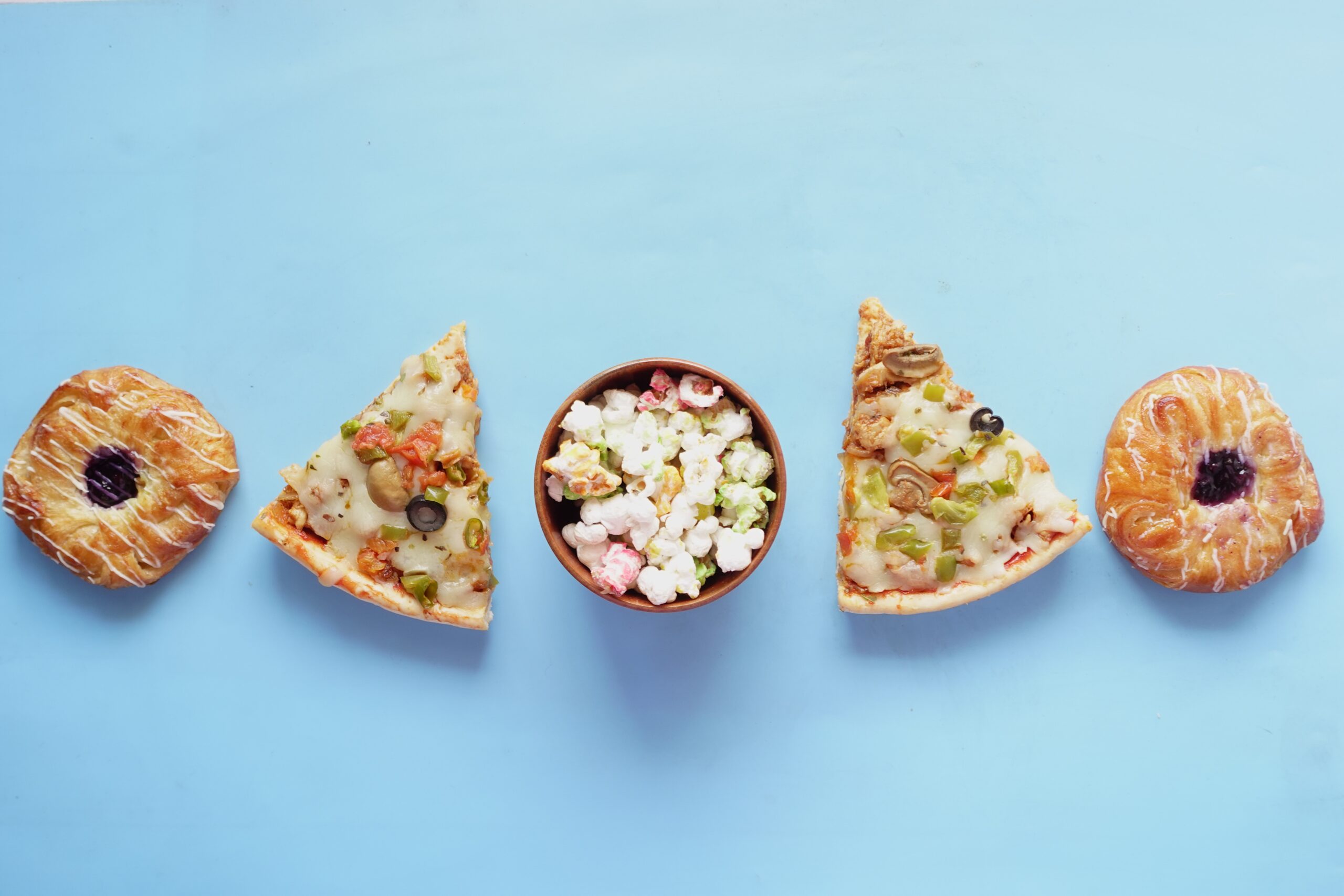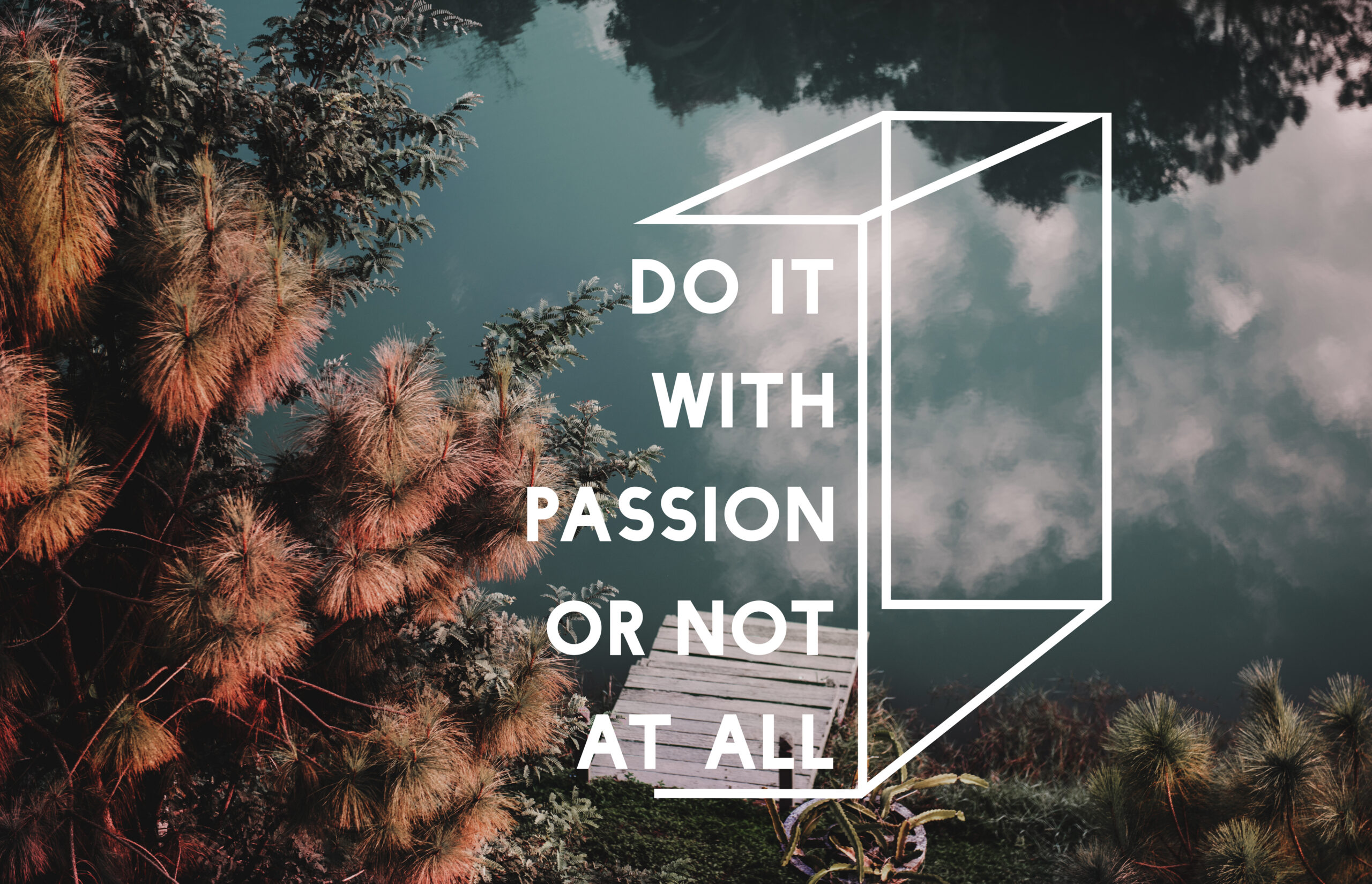I’ve struggled with my weight my whole life. I’ve always been on the wrong side of overweight. If I’m honest, technically, according to my BMI (which shall remain undisclosed), I’m obese. Not morbidly obese, not I-can’t-leave-my-house obese or anywhere close. Just the kind of obese that you are shamed into being according to your BMI, despite being perfectly functional, albeit a little bit out of breath after climbing three flights of stairs. The kind of only technically obese where you make sure you eat salad leaves and carrot sticks in front of other people and hide round the corner to eat a slice of pizza so no one looks at you like ‘ah so that’s why you’re overweight, because you can’t control yourself, you dirty gluttonous beast!’ I’m technically obese. But it’s only really in the last 6 months I’ve realised I have food addiction.
Growing up
When I was young I heard the normal comments like ‘cover up your bottom’ and ‘why can’t you just stop eating?!’ and those were just from my mother. I wished I could have just stopped eating. If I could’ve done that my life would have been so much easier, at least with respect to my weight. But it was near impossible. I was surrounded by food all the time. The dirty foods. The filth. The crap that you eat and it just stays there as a bulgy reminder of your inability to control yourself. My mum used to bring home bars of chocolate and crisps like she used to bring home comments about the nasty people at work. I never really saw her eat any herself, but perhaps that’s because I was too busy indulging myself, and kids don’t really pay much attention to anything outside of their own existence any way. Chocolate and crisps, fried chicken, pizza and chips were such a staple part of my diet that when I was old enough to have pocket money that was the only thing I knew to do with it. Sweet and fatty foods are really in that sweet spot of affordability for a teenager and give you the just the kind of dopamine hit you crave when you’re a teenager, if you’re not busy fighting, shoplifting, selling or taking drugs. I wasn’t one of those kids. I was a serial snacker. And it wasn’t broccoli I was addicted to. It was the cheap, easy to find in any convenience shop, perfectly sized so you can grab it and hold it while you go about your day, heavily marketed, scientifically engineered to be highly palatable, high fat, high sugar, high salt foods that you’d find at every single family gathering, school canteen, tuck shop and vending machine everywhere that all my friends were eating. I was swimming against the tide and I had no idea what I was up against.
Serial dieting
When I got to university I decided I was going to try Rosemary Conley’s Low Fat Diet from the book that my mother had so generously lent me, to help me of course, with the added bonus of ridding her of the embarrassment of having a daughter so overweight. Cottage cheese, beans on toast with no butter, low fat yoghurt and egg cooked with no oil. Vegetables were unlimited, which was supposed to address the dieters voracious hunger – it didn’t. I lost very little weight on this diet, and quite frankly just felt silly eating such a sorry excuse for food.
A few years later I tried the Atkins low carb diet. Out with the bread, out with the chips and in with the fried egg and meat, meat, meat! Now this diet was much more me! But unfortunately I lost very little weight and I really missed my toast on a Sunday morning so this diet got canned as well.
I tried a low GI diet that I read in a magazine Kylie Minogue had lost some weight following. I lost no weight on this diet. It was hopeless.
Then I heard about the Cambridge Diet. I figured I would need to do something drastic if any diet was going to have any real impact. I also had my own personal weight loss counsellor that I would keep in contact for motivation and accountability. This. One. Worked!… Until it didn’t obviously, but I’ll get to that later. This was the first diet I followed and lost some real actual weight. Thing is, when I started losing weight it motivated me to keep losing more. Having someone to talk to about my struggles and debrief what might have gone wrong when I didn’t lose much weight one week compared to the last, really helped. But it was hard. It was really hard. I was on 400 calories a day. Well, if I’m honest, I wasn’t. Who can stick to 400 calories a day?!! I cheated every now and then with a bit of cheese on a cracker, sometimes just because I missed the texture of real food in my mouth. Having shakes and soups was like having nothing. Shakes are not food. The bars were the worst – far too tasty – just made me more hungry! The level of deprivation was high. I was absolutely starving and it was relentless. Every single day. Hangry!!! I think the only reason I kept it up so long was because I was doing a lot of work trips by myself, I was living by myself (and therefore eating by myself a lot) and I was at the age where most of my social occasions were centred around drinking – nobody really noticed if you weren’t eating. Then one day I cracked. I remember being on the phone one day to my friend and telling her I could eat an entire fridge full of food. And that day I pretty much did. The diet was over, I was defeated and I said goodbye to the counsellor. Though I was looking the most trim I had every looked (and felt pretty damn smug about it) I was glad to be eating again. Then the weight slowly crept back on. I tried doing the diet again but it was a non-starter. The thought of starving myself again was unbearable and I couldn’t put myself through it – not again. That was me done with the diets.
Health Check
About 10 years, 2 kids and 4 stone later I had a wake-up call. My family was riddled with diabetes, which put me at pretty high risk of developing it myself. High blood pressure was also in the family, my health-check revealed my BMI put me at an even higher risk of diabetes and my cholesterol was borderline high. My body ached from just walking down the road and I now needed to pause just to make it to the top of the stairs. I was not ok with this. It was time to get in gear. Around about the same time I was experiencing a high level of anxiety at work. My job role had changed, I was working in a new team and some of my work relationships were straining under the pressure. The strange thing was, I was usually pretty level-headed about learning and newness so this level of anxiety was uncharacteristic for me. I decided to look into some potential causes and solutions.
Dopamine
My research revealed that dopamine deficiency could be contributor to depression, anxiety and… wait… obesity! What? So I started to dig a little further. Could my insatiable appetite for, and subsequent defeated indulgence in, highly palatable food somehow be linked to my recent feelings of depression and anxiety? Possibly. By indulging in highly palatable food instead of fighting my urges I may have been unknowingly flooding my brain with dopamine, in a similar fashion to over-indulgence in alcohol or drugs, resulting in the physiological effects and symptoms of addiction to the same. Food addiction?!… Ok so that might mean that if I could improve the regulation of my dopamine levels, I might be able to not only address my feelings of depression and anxiety but I might be able to ‘cure’ my obesity problem as well.
I’ve learned a ton about dopamine from Anna Lembke and how our modern day living with easy access to high dopamine release activities such as social media, gaming, drugs and highly palatable foods has led to an increase in addiction, depression and anxiety.
I’ve learned a ton about addiction and trauma from Gabor Mate, in particular on the need to ask the question, ‘what is this addiction doing right for you?’ in order to identify the hole that gets filled by the addiction that the remedy to the addiction would need to fill in its place.
I’ve learned a ton about worthiness and belonging being the remedies to vulnerability and shame from Brene Brown.
How many people with food addiction suffer from vulnerability and shame when they cannot control their eating?
How many people with food addiction have experienced trauma in their life and are filling a hole in their lives with food?
How many people with food addiction feel like they are constantly having to use willpower to avoid deliciously sugary, fatty, salty foods?
If you’re anything like me, you do not stand a chance against these foods that are specifically designed to be readily available and affordable, scientifically engineered to be addictive and heavily marketed to the most vulnerable. Those vulnerable people are you and me!
Who is benefiting from food addiction?
Do you see the food industry trying hard to market fruits and vegetables? Why would they??? Highly addictive food that can be manufactured and sold cheaply means big profits for shareholders in the food industry.
The medical profession, it seems to me, does not try very hard to help anyone with overweightness or obesity. It’s not in their interests. Medication that can be manufactured cheaply and prescribed for diabetes and chronic health problems resulting from poor diet means big profits for pharmaceutical companies.
Long-term weight maintenance following a diet and weight loss plan is rare. According to experts, 95% of dieters end up re-gaining the weight they lost within two years. Great news for the diet and weight loss industry – a nice steady stream of repeat visitors.
So what now, do we just give in to defeat and stuff our faces until we die a slow and painful death?
Clean eating
What has worked for me to reduce the physiological urges of my food addiction has been to get back to basics with the food I eat. The added sugar and flavouring, often unnoticeable and hidden in the ingredients in packaged foods were keeping me locked in the cycle of compulsive eating and shame. I cut out all added sugar and seasonings. If it grows in the ground, falls from a tree, walks on four legs or swims in the sea I’m ok it. That’s the rule I stick to now. It means getting creative in the kitchen to blend together foods with naturally good flavours but it’s doable and we’re going it. Garlic and onions are often featured in our dishes J It’s an easy rule for the kids to remember as well when we’re trying to get them to learn if something is healthy. Brunch bars are gone. Sugary muesli is gone. Even fruit smoothies are gone. I’ve learned from Giles Yeo’s Gene Eating that fruit smoothies are no better than drinking a can of coke. Nuts are a big feature in my diet now, as are salmon, avocados and olives. These ‘good’ fats really help keep hunger at bay and curb the compulsive eating but this new clean eating still wasn’t having a big impact on weight loss.
Intermittent fasting
I’d heard about intermittent fasting a few years ago but didn’t give it much attention until I’d heard a number of people mentioning it in my recent research into healthy eating and weight loss. The logic seems sound. Don’t eat, lose weight. Well it worked for me on the Cambridge Diet but I felt so deprived on that diet I wasn’t sure if it would work again. The difference with intermittent fasting though is the respite from fasting vs the relentless deprivation of maintaining a continuous low calorie diet. It was worth giving it a go. Mindy Pelz has a ton of material on YouTube on the benefits of fasting and the best ways to intermittent fast to maximise weight loss.
I started off with a 16 hour fast and 8 hour eating window. This wasn’t too bad. It meant not eating after dinner and skipping breakfast. This was going against everything I knew about breakfast being the most important meal of the day, which I think the jury is still out on, but it was working for me. When that became easy enough I added in a 24 hour fast twice a week. That also wasn’t too bad. I was hungry – as in growling hungry – but perfectly functional. My clean eating regime wasn’t perfect and I noticed the longer fasts were harder when I allowed sugar in my eating window, so I’ve learned to clean that up. I now do a 36 hour fast 3 times a week which is hard but it’s consistent and I make sure I check in with my feelings of deprivation and adjust my eating on my eating days accordingly. I let in the occasionally biscuit and slice of cake so I can feel like a normal human being but I know it’s important to stay as close to my clean eating rule as much as possible.
Where am I in my journey now?
I’ve lost 2 and half stone and sustaining weight loss without too much derivation. That’s an achievement for me. The hardest part of the journey is remaining consistent. Consistency is where the results are.
This means fasting during some social occasions.
This means finding some meaningful way to say thank you to family and friends for their hospitality other than by eating their food.
This means rewarding myself for endurance in my non-weight loss endeavours with something other than food.
This means using my journal as an outlet for pain instead of disappearing into a chocolate croissant.
This means reminding myself I am worthy of being and maintaining a healthy weight.
I would love to hear about your struggles and achievements with losing weight and staying healthy. If there is something you can share that has helped you and might help someone else in their journey, please feel free to leave a comment below.
If you liked this post, check out my other blog posts here




Comments
[…] you read my post on Food Addiction you’ll know I’ve had a problem with my weight my whole life. Intermittent fasting has helped, […]